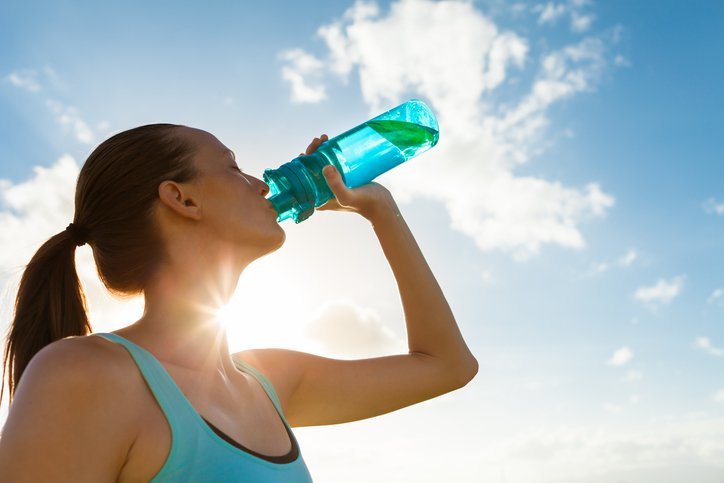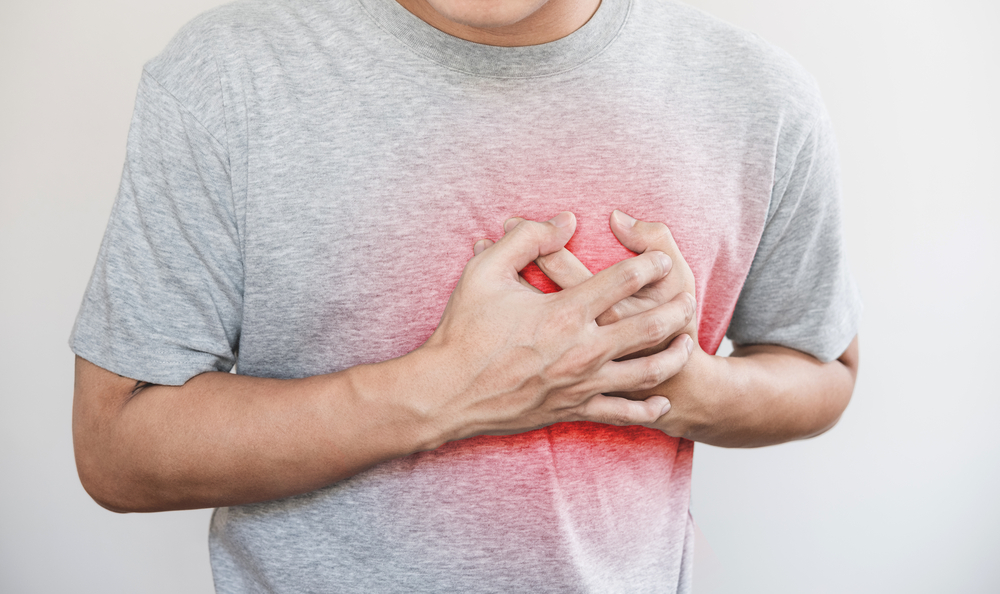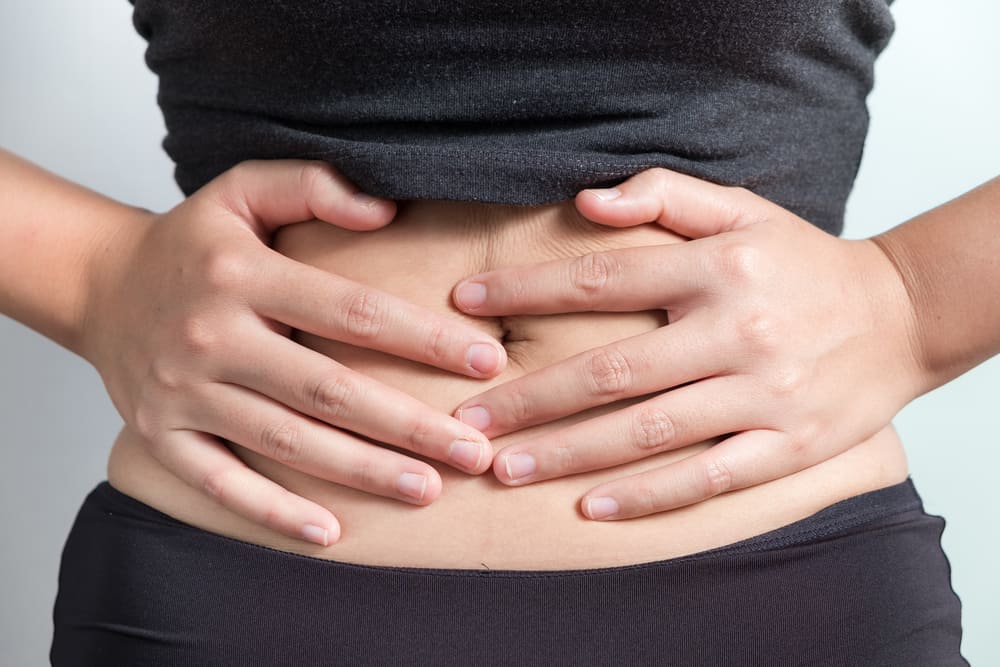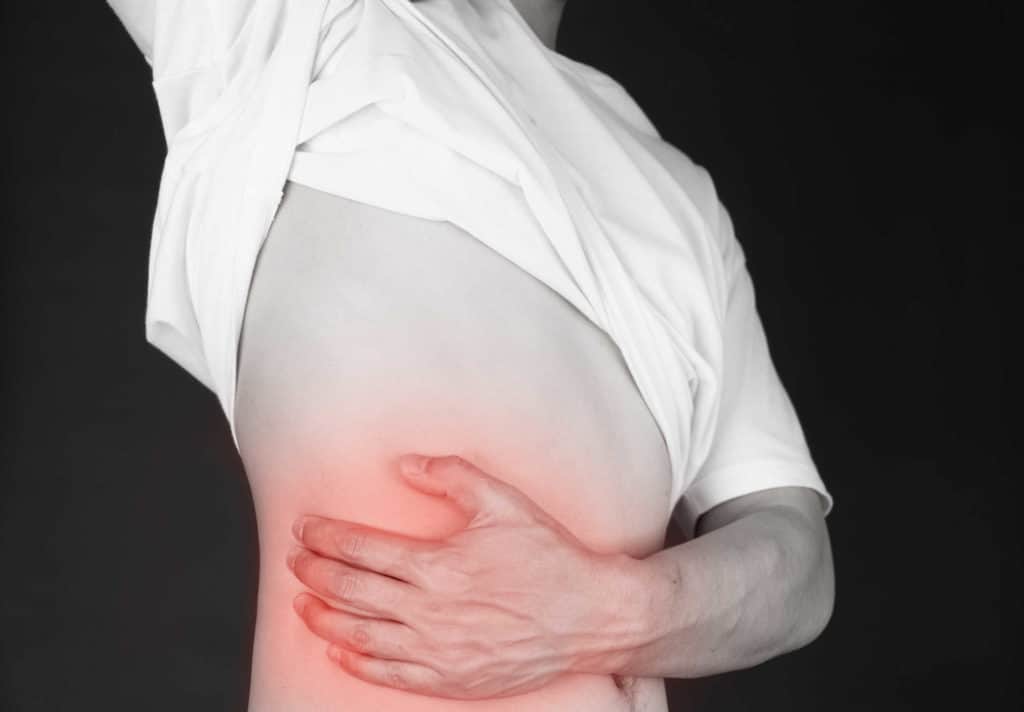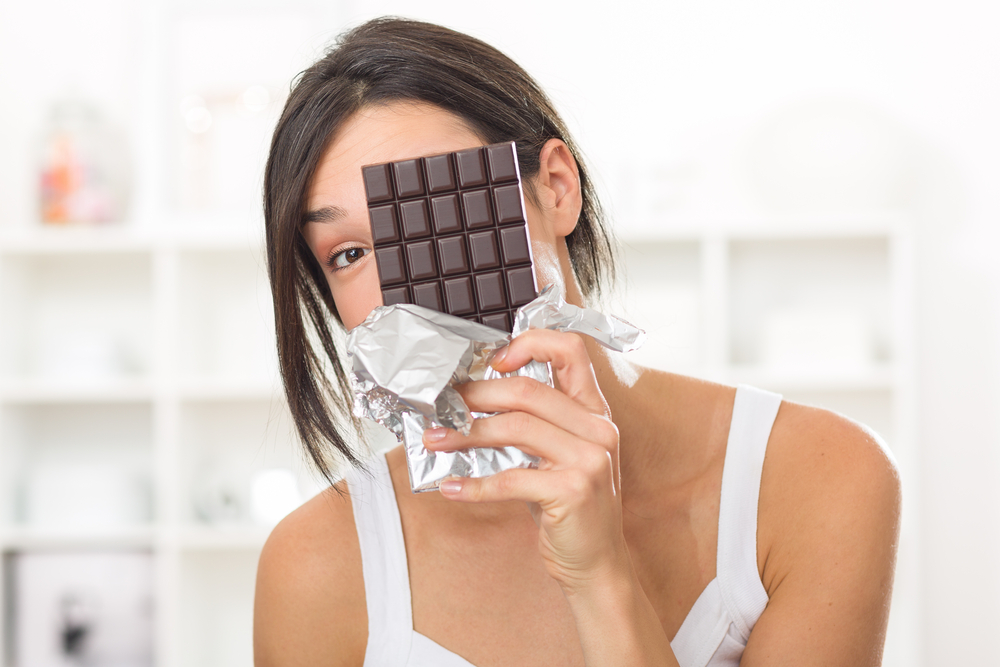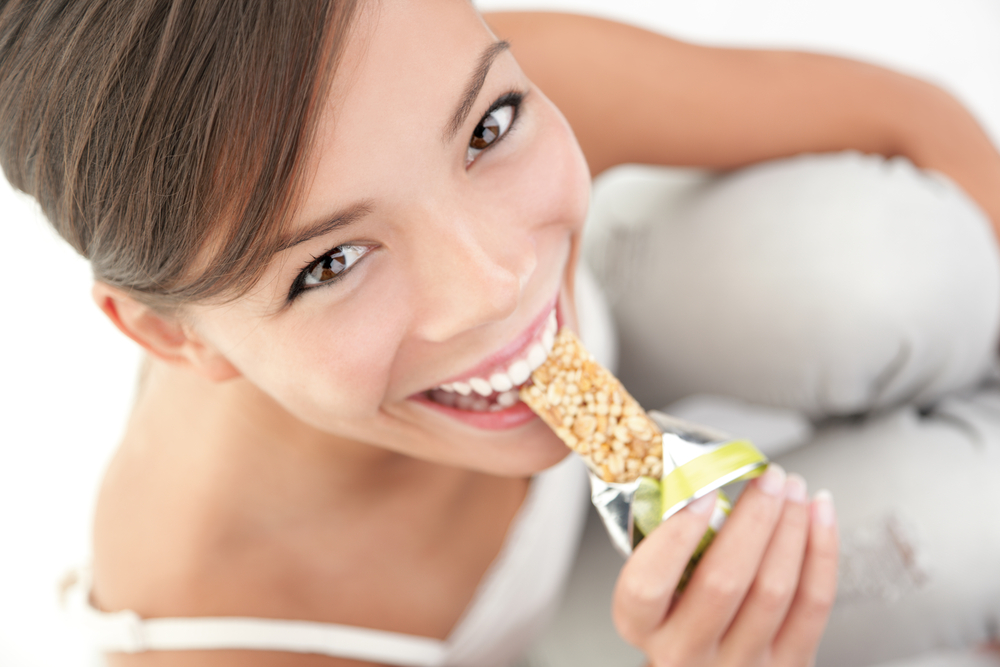Contents:
- Medical Video: 5 Sports Drinks to Recover Faster
- What are the types of sports drinks?
- Isotonic
- Hypertonic
- Hypotonic
- What are the functions of sports drinks?
- 1. Hydration
- 2. Energy sources
- 3. Replacing lost electrolytes
- What is contained in sports drinks?
- 1. Carbohydrates
- 2. Electrolytes
- 3. Feelings
- 4. Other content
Medical Video: 5 Sports Drinks to Recover Faster
When you exercise, your body releases a lot of fluid. At this time, maybe you need a sports drink. Why? Sports drinks are suitable drinks consumed before, during, or after exercise. These drinks usually contain carbohydrates and electrolytes which are needed by your body after exercising. Sports drinks are deliberately designed to replace lost body fluids during exercise.
What are the types of sports drinks?
There are three types of sports drinks. These three types contain different fluids, electrolytes and carbohydrates.
Isotonic
Isotonic sports drinks contain the same concentration of salt and sugar as your body. Isotonic drinks can replace lost body fluids quickly and also provide carbohydrates that the body needs in higher amounts. Because the balance is the same as that in the body, this drink is absorbed by the body more slowly, so it can provide longer energy for the body. This drink is a good choice for many athletes before they start training, especially in athletes who have a long training time.
Hypertonic
Hypertonic drinks contain higher concentrations of salt and sugar than those found in the body. Hypertonic drinks also have a higher protein content, so they are absorbed longer. Usually this drink is consumed after practice to meet daily carbohydrate needs and increase glycogen reserves in muscles.
Hypotonic
Hypotonic drinks contain lower concentrations of salt and sugar than those in the body. Hypotonic drinks can quickly replace fluids lost through sweat, and the body can absorb sugar from hypotonic drinks faster. This formula gives you high energy in a shorter period of time, so you can make more movements. Hypotonic drinks can be drunk during sports time. Usually this drink is suitable for athletes who need fluids without increasing their carbohydrate intake, such as gymnastics athletes.
So, you can consume sports drinks, both before, during, and after exercise to restore your body's condition. Each type of sports drink (isotonic, hypertonic, and hypotonic) is designed with different objectives, as described above.
What are the functions of sports drinks?
Sports drinks have several main functions before, during, and after exercise, namely:
1. Hydration
The American College of Sports Medicine recommends drinking at least 500 ml in 2 hours before exercising. This aims to get enough hydration for the body and also to give the body time to release excess water. You should also drink regularly during exercise to replace fluids lost through sweat. This is good for preventing dehydration during exercise.
2. Energy sources
Carbohydrates available in sports drinks can provide the body the energy it needs when exercising, so you don't experience fatigue quickly. 6-8% carbohydrate content in sports drinks is the optimal percentage to speed up the replacement of fluids and energy in the body.
3. Replacing lost electrolytes
Sodium, potassium, and chloride are electrolytes which are usually lost through sweat during exercise. Sports drinks provide this electrolyte need for the body.
What is contained in sports drinks?
Of course, sports drinks contain many nutrients that the body needs to replace nutrients lost during exercise. Some of the main ingredients that are usually present in sports drinks are:
1. Carbohydrates
Carbohydrates are the main energy source when exercising. Of course, carbohydrates are nutrients that are lost when you do exercise. For this reason, sports drinks are designed to contain enough carbohydrates. Ideally, the concentration of carbohydrates in sports drinks should not be more than 8%, or even less. High carbohydrate content in sports drinks can actually interfere with gastric emptying during exercise.
2. Electrolytes
When exercising, your body also loses electrolytes, so you need a replacement electrolyte that is lost so that electrolyte balance occurs in the body. Proper electrolyte replacement can delay fatigue during exercise. Sports drinks contain sodium, potassium, and other electrolytes. The addition of sodium in sports drinks has many benefits, which can encourage fluid intake by creating a thirst mechanism, it can also increase the absorption and storage of fluids. Usually commercial sports drinks contain sodium around 10-25 mmol / L, or maybe lower.
3. Feelings
It is undeniable that the taste of drinks affects your preference for drinks, including sports drinks. For this reason, sports drinks also contain flavorings to have a delicious taste when taken by mouth. The more you enjoy the taste of the drink, the more you drink it.
4. Other content
In addition to these three ingredients, sports drinks also contain other ingredients, such as vitamins, minerals, and protein. Some mineral content contained in sports drinks, such as chloride, calcium and magnesium, are also needed to replace electrolytes lost through sweat during exercise. Meanwhile, the vitamin content in sports drinks, such as vitamin E and vitamin C which contain antioxidants, but in small amounts.
READ ALSO
- What Happens to the Body and Muscles When Stopping Exercising?
- Why Morning Sports Should Be Done Before Breakfast
- 5 Foods that Can Not Be Eaten Before Exercising

